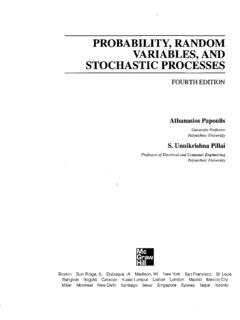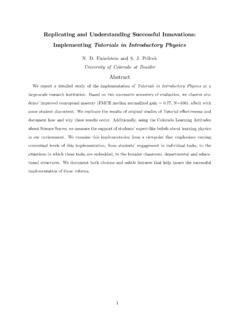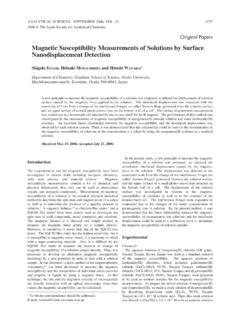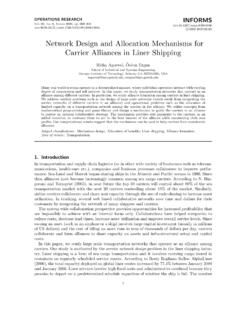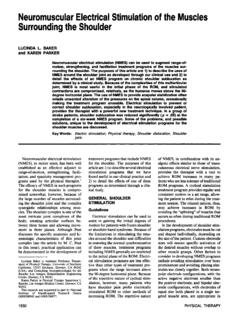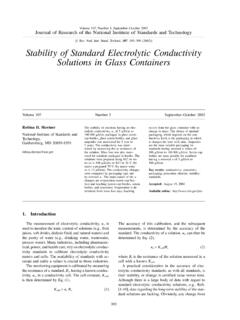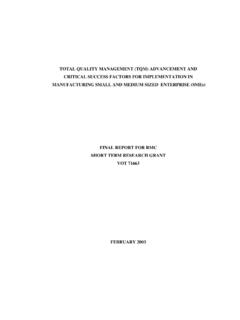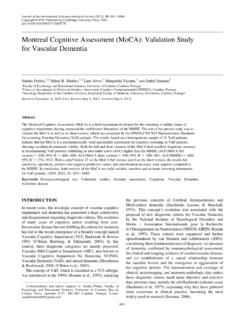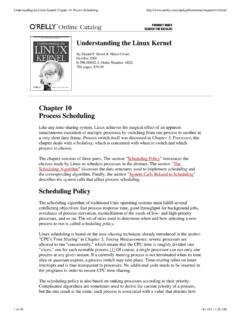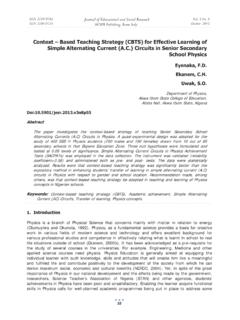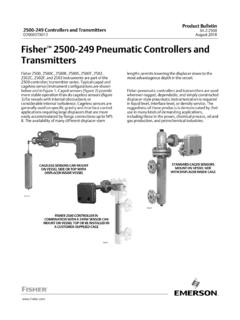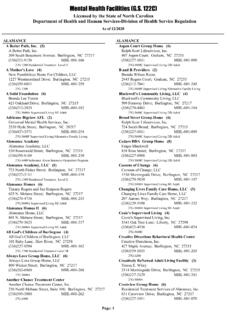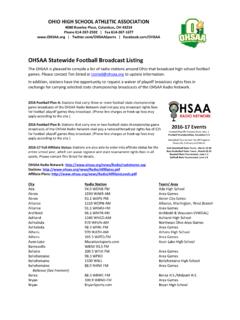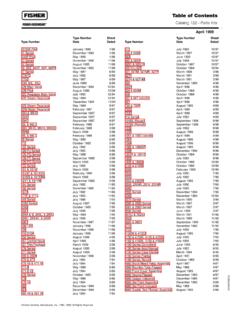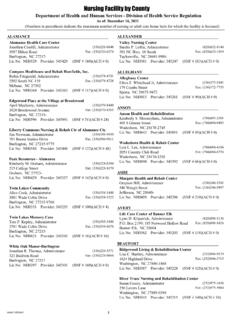Transcription of Teacher Questioning as a Formative Assessment Strategy in ...
1 Teacher Questioning as a Formative Assessment Strategy JELTL (Journal of English Language Teaching and Linguistics), Vol. 2 (2), 2017 117 Teacher Questioning as a Formative Assessment Strategy in EFL Context Milawati Universitas Negeri Malang *Homebase: STKIP PGRI Bangkalan e-mail: Abstract Existing studies on classroom Questioning tend to focus on exploring effective Teacher s Questioning in classroom learning and finding the relationship between Questioning behavior and students outcomes, however, there has been scarce research on Teacher Questioning as a Formative Assessment Strategy .
2 It investigated how teachers deployed questions to stimulate student thinking, uncover students current level of learning, and allow responses to inform pedagogic decisions. The research method was classroom observations. This article highlights the practice of one experienced Teacher who conducted quality Questioning to gauge and facilitate learning. Low level questions were dominantly used to ask specific knowledge. Meanwhile, high level questions were rarely asked to probe students understanding. No answer response was the highest proportion among other response given by the students.
3 It also provides practical insights into how Questioning can be developed as a Formative Assessment method and recommends equipping teachers with further knowledge and skills to carry out effective Questioning . Keywords: Formative Assessment , Teacher Questioning , students response, feedback JELTL (Journal of English Language Teaching and Linguistics) e-ISSN: 2502-6062, p-ISSN: 2503-1848 2017, Vol. 2 (2) doi: Teacher Questioning as a Formative Assessment Strategy JELTL (Journal of English Language Teaching and Linguistics), Vol. 2 (2), 2017 118 1.
4 INTRODUCTION Evidence is mounting that Formative Assessment is generally acknowledged as a tool which teachers use to give feedback to students and/or guide their instruction. Its Formative function has received steady consideration since Black and Wiliam s (1998) influential work demonstrated that Formative Assessment can be a powerful way to enhance student learning in general education contexts. In English language education, however, there has been relatively few empirical investigations of Formative Assessment in the classroom (Carless, 2011; Jiang, 2014). In classroom interaction, , Teacher Questioning is defined as instructional cues or stimuli that enables students to convey the material to be learned and directions for what they should do and how they should do it.
5 Theoretically, it is believed that they can assist students to convey students review, to check on comprehension, to stimulate critical thinking, to encourage creativity, to emphasize a point, to control classroom activities, to help determines grade, and to encourage discussion (Erdogan & Campbell, 2008; Tracy & Robbles, 2009; Wong,R, 2010; Ghoorchaei, et al., 2010; Roostini, 2011; Cho & Park, 2014; Kawalkar & Vijapurkar, 2013; Smart & Marshall, 2012; Sardareh & Sa ad, 2013; Jiang, 2014; Boyd, 2015; Chen, Hand & Meier, 2016). Whereas, Questioning , with specific reference to its use as an Assessment tool, has remained relatively underexplored.
6 Regarding to Questioning as an Assessment tool, Jiang (2014) in his study focused on three stages which occurred in classroom Teacher Questioning ; initiation, response and evaluation stage. Particularly, in the initiation stage, convergent questions can be used to facilitate student mastery of the knowledge, and divergent questions have the potential to engage learners in deep thinking. In the response stage, convergent questions expose learners to be actively participate in classroom Questioning . In the evaluation stage, a lack of student responses can be utilized to inspire independent and collaborative learning.
7 Another study which conducted by Tan (2007) revealed that Teacher dominantly used low level questions to engage students learning. In contrast, the high level of questions were rarely used to stimulate students thinking. In accordance, this present study explored Teacher Questioning as an Assessment Strategy . Particularly, this paper is drawn from investigating the classroom Questioning of one EFL Teacher in university level. For the purpose of illustrating how Teacher questions might be used to gauge and promote learning, this study sketches on three - part sequence; Initiation, Response and Feedback (IRF) by Sinclair and Coulthard (1975) in which the Teacher asks a question, the student gives an answer, and the Teacher makes a comment.
8 This study aimed to examine the entire process of Questioning and check whether each stage fulfilled its learning function. Therefore, this present study tries to investigate the answer of the following research questions: 1. What types of questions are posed by the teachers and to what extent do they seem to benefit learning? 2. What types of responses are elicited by Teacher questions and do they represent student thinking? Teacher Questioning as a Formative Assessment Strategy JELTL (Journal of English Language Teaching and Linguistics), Vol. 2 (2), 2017 119 3.
9 What actions are taken by the teachers upon receiving responses and to what extent do they appear to promote learning? 2. LITERATURE REVIEW The framework of this study draws on findings from the fields of Formative Assessment and EFL classroom interaction. This section clarifies the relationship between Formative Assessment and classroom teaching and reviews studies on Questioning from both areas. Formative Assessment and EFL Classroom Interaction Formative Assessment is a term open to different interpretations. According to Black and Wiliam (2009), Assessment is Formative when evidence about student achievement is elicited, interpreted, and used by teachers, learners, or their peers, to make decisions about the next steps in instruction that are likely to be better, or better founded, than the decisions they would have taken in the absence of the evidence that was elicited (2009: 9).
10 Seen in this light, the priority of Formative Assessment is to enhance instruction or/and promote learning by following the procedure of eliciting, interpreting, and using evidence. Formative Assessment takes various forms and may be plotted at different points along a more formal to informal continuum (Rea-Dickins, 2001: 437). That is, both formal preplanned tasks such as classroom quizzes and informal ad hoc activities like Teacher Questioning can be seen as different versions of Formative Assessment . Researchers generally agree that Formative Assessment and classroom teaching are interrelated.
